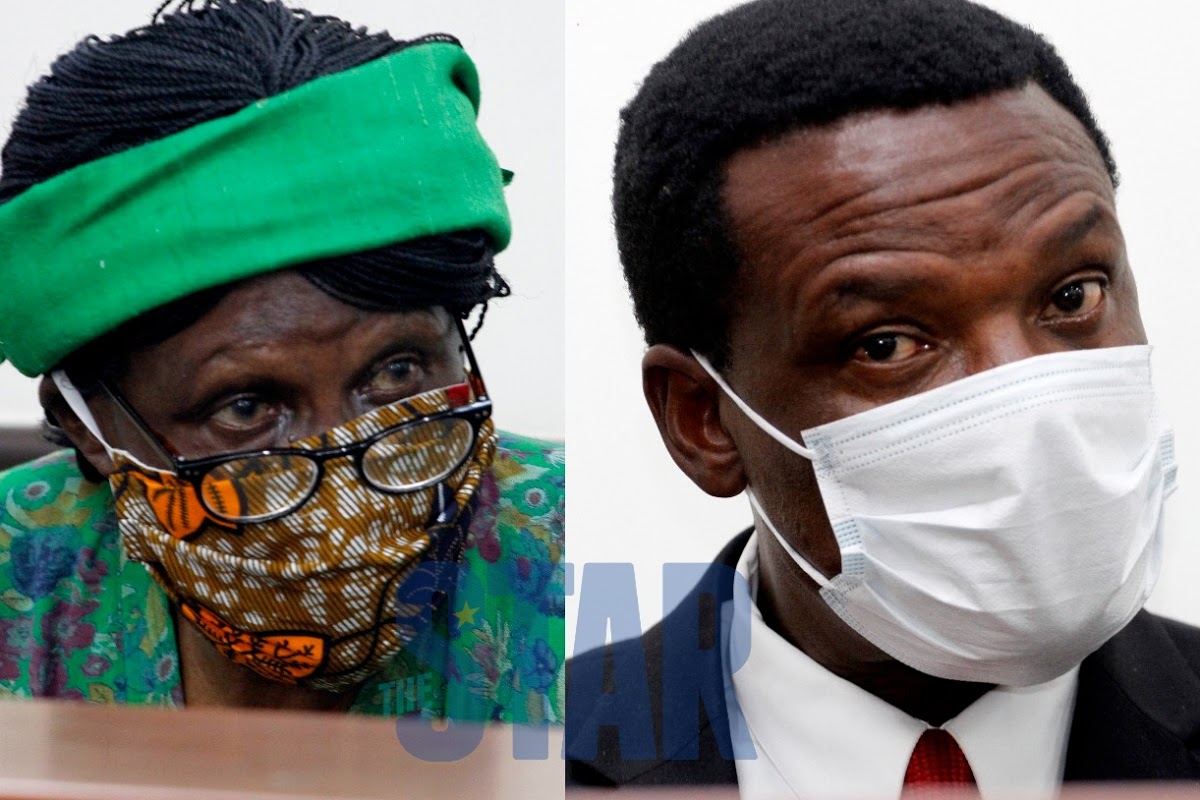Kenya’s most significant corruption case success shows there’s still much scope for international cooperation

Congratulations to our partners in Kenya, the Ethics and Anti-Corruption Commission (EACC) and Office of the Director of Public Prosecutions (ODPP) for their success in one of the country’s most significant corruption cases to date: the sentencing of John Waluke, a Member of Parliament, and Grace Wakhungu, who is the mother of a former Environment Cabinet Secretary, in a maize procurement fraud worth nearly USD 3 million.
At a time when Kenya’s food security is at risk due to extreme weather, locust swarms and covid-19, the pair were convicted of attempting to defraud Kenya’s National Cereals and Produce Board of 40,000 tonnes of maize with the use of falsified invoices.
Each was sentenced to a lengthy prison sentence or a fine of the equivalent of USD 6.8 and 6.5 million respectively.
International cooperation key to the conviction
In an opinion piece published by Kenyan newspaper The Star, Senior Investigation Specialist Simon Marsh explained that international cooperation in South Africa under the provisions of the United Nations Convention Against Corruption (UNCAC) was key to the successful conviction.
For law enforcement officials working on international corruption cases, getting hold of essential evidence from foreign states is not straightforward. This quick guide to international cooperation outlines some of the reasons.
It is crazy, says Marsh in his article. A criminal can transfer stolen funds to an account in another country in seconds using an app on a smartphone. But it might take years, huge resources and several judicial orders translated into different languages for a financial investigator to trace that money.
Forums for cooperation
Cross-border cooperation on corruption and asset recovery cases has improved at an operational level thanks to forums such as the International Anti-Corruption Coordination Centre (IACCC) and the Lausanne Process. We are also seeing greater cooperation in information-sharing mechanisms, such as the UK’s Joint Money Laundering Intelligence Taskforce (JMLIT) and – for illegal wildlife trade – the information-sharing system of the United for Wildlife Taskforces, which is run by the Basel Institute’s intelligence team.
The Framework for the Return of Assets from Corruption and Crime in Kenya (FRACCK), signed by the Governments of Kenya, Jersey, Switzerland and the UK in 2018 with support from the Basel Institute's International Centre for Asset Recovery (ICAR), is another prime example of cooperation between states. It illustrates how foreign parties can come together to agree on good practices for the return of stolen assets and their use to advance sustainable development and benefit citizens.
Asset recovery efforts redoubled
International cooperation is not a job for the impatient or the lazy, says Marsh. But perhaps successes like the Waluke and Wakhungu case will act as a motivator for Kenyan anti-corruption officials and their counterparts abroad – and go some way to satisfying those who are impatient to see the end of impunity for the big fish who swallow up public funds.
The Basel Institute’s International Centre for Asset Recovery supports the EACC and ODPP with legal and policy advice, including on international cooperation. The long-term technical assistance programmes are funded by the UK Department for International Development (DFID) and Deutsche Gesellschaft für Internationale Zusammenarbeit (GIZ) respectively.


